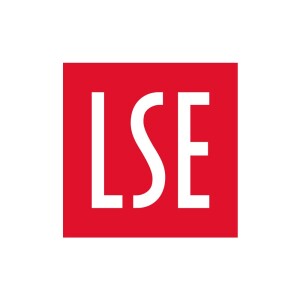
To subscribe on Apple podcasts please visit http://apple.co/2r40QPA or on Andriod http://subscribeonandroid.com/www.lse.ac.uk/assets/richmedia/webFeeds/lseiqpodcast_iTunesStore.xml or search for 'LSE IQ' in your favourite podcast app or visit http://lse.ac.uk/iq
Welcome to LSE's award-winning podcast, LSE IQ, where we ask leading social scientists - and other experts - to answer an intelligent question about economics, politics or society.
In August 2011 England experienced the largest outbreak of rioting in a generation. The disorder began after the shooting of young man, Mark Duggan, by police officers in Tottenham.
A protest two days later morphed into more widespread disorder. Over the next three days riots spread rapidly across London, and then other urban centres in England. In total, there were an estimated 5 deaths, 200 injuries, 3000 arrests and over 200 million pounds of property damage.
Severe jail terms were imposed to deter future lawlessness. Politicians called the disorder acts of greed and opportunism, while others blamed austerity and inequality. Many years on, is it possible to state what actually happened?
Since 2011 we’ve faced major public spending cuts, two elections, the Brexit referendum, the election of Trump and the rise of populism. Are any of these events connected? In this episode of LSE IQ James Rattee asks, what can we learn from the 2011 riots?
Music:
Lo Fi by Origami Pigeon
Stories About the World That Once Was by Chris Zabriskie
Itasca Its Glowing Red Hot by Chris Zabriskie
The Dark Glow of the Mountains by Chris Zabriskie
Other audio sources:
ITV News
BBC News
Sky News
Russia Today
For further information about the podcast and all the related links visit http://lse.ac.uk/iq and please tell us what you think using the hashtag #LSE
view more
More Episodes
012345678910111213141516171819
Create your
podcast in
minutes
- Full-featured podcast site
- Unlimited storage and bandwidth
- Comprehensive podcast stats
- Distribute to Apple Podcasts, Spotify, and more
- Make money with your podcast
It is Free
- Privacy Policy
- Cookie Policy
- Terms of Use
- Consent Preferences
- Copyright © 2015-2024 Podbean.com







